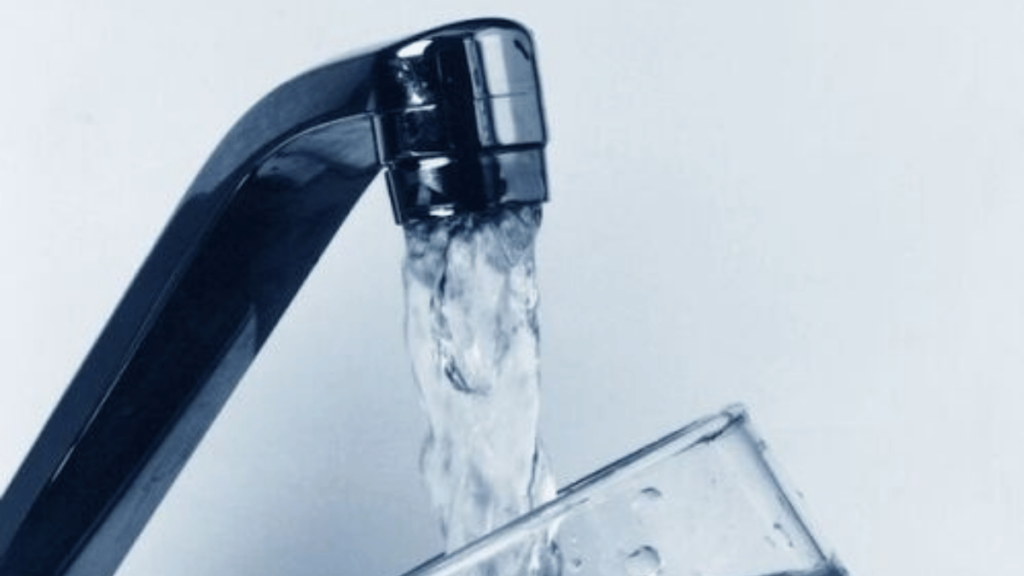Federal money from the Environmental Protection Agency (EPA) is being sent to West Virginia to address drinking water contaminants in state waterways.
The money comes as part of the Infrastructure Investment and Jobs Act through the EPA’s Emerging Contaminants in Small or Disadvantaged Communities grant program. Nearly $19 million is going to state agencies to address PFAS, known widely as harmful “forever chemicals” that have been found in 130 raw water supplies statewide.
These water supplies have been identified throughout the state, with localized “hot spots” identified by the West Virginia Rivers Coalition in the Eastern Panhandle and Ohio River Valley.
“We cannot wait any longer to address water quality and the health impacts of PFAS in our neighborhoods,” Adam Ortiz, EPA Mid-Atlantic Regional Administrator said in a statement announcing the grant. “This federal funding will help West Virginia communities impacted by PFAS to get access to clean, safe drinking water.”
State and local agencies are expected to submit their proposals for grant money this month, according to the EPA’s website. The grant is expected to create programs for local household water testing and local contractor training, among other programs that would address PFAS in disadvantaged communities.
Two bills were introduced in the West Virginia House and Senate this legislative session to regulate PFAS: House Bill 3189 and Senate Bill 489. Both bills are in committee, though the House bill has been recommended to move to floor discussion.




















 Jasonanaggie/Wikimedia Commons
Jasonanaggie/Wikimedia Commons